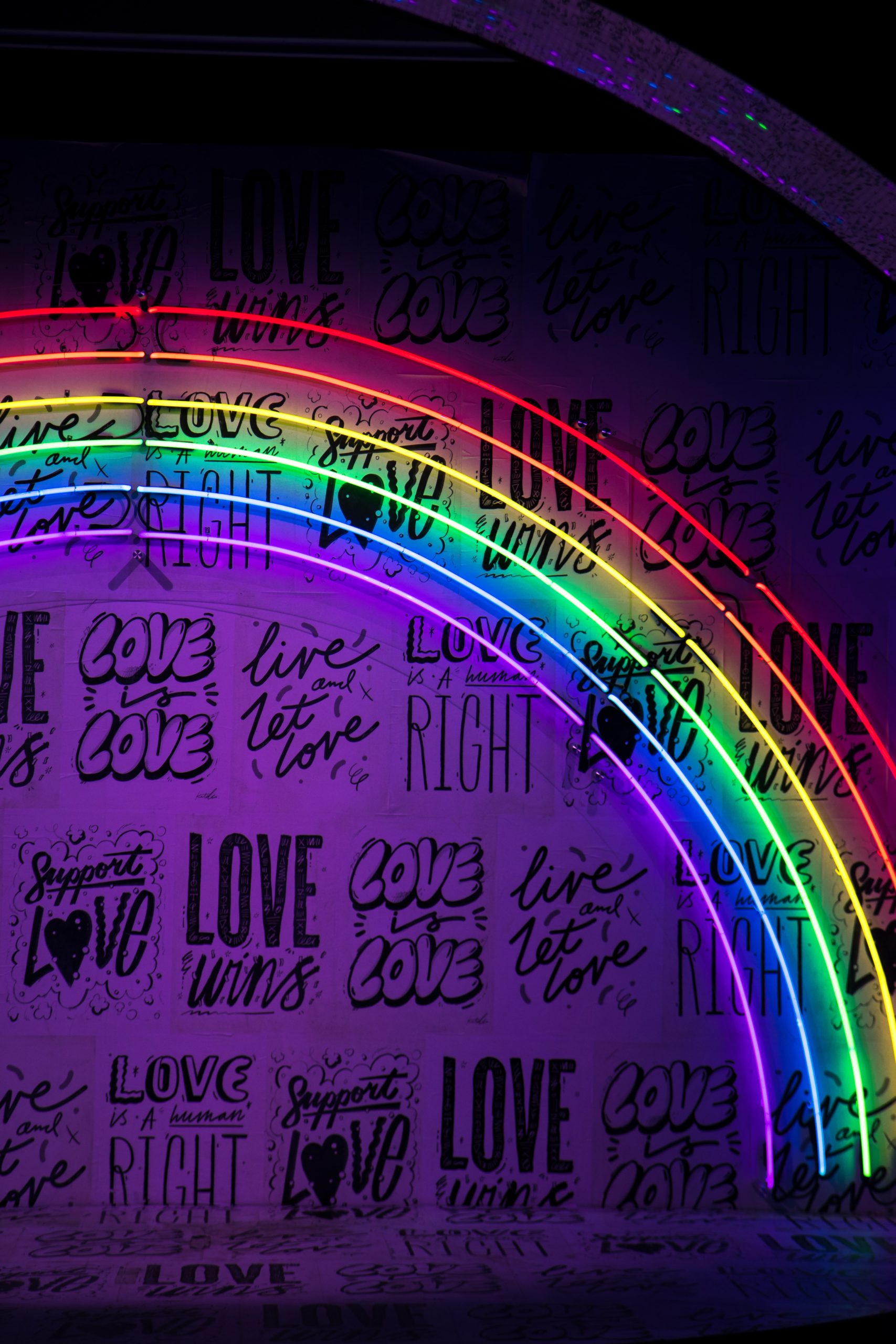As we find ourselves at the end of June, it’s important to remind ourselves and the rest of society that celebrating Pride and uplifting the queer community cannot be confined to a singular month. This notion must exist within the literary community as we make sure to write and read works that are diverse, inclusive, and authentic in their telling of all kinds of stories.
While inclusivity can be incorporated into writing in a plethora of ways, diversity of characters is one of the best ways to bring underrepresented voices to the forefront of literary works. Here are some tips for writing LGBTQ+ characters!
Authenticity is key.
It’s encouraging to see LGBTQ+ representation take up more space across different medias. And while a good amount of this representation highlights a rainbow of queer identities, many rely on stereotypes that paint a very confined picture of the community. When writing inclusive characters, do not focus on overplayed, outdated stereotypes to convey their identity. Rather, allow the characters to speak for themselves, embodying their own unique personalities, and contributing to the mosaic that is human expression!
Avoid tokenization.
The tokenization of queer characters can be extremely dissappointing in books and other works. Make sure you aren’t writing characters that are LGBTQ+ in an attempt to brand a book as woke or inclusive. LGBTQ+ characters deserve to be loved for and written as who they are in their entirety, not used as a prop to bolster a novel’s progressive-points.
Consult members of the community.
If you’re writing a character whose identity doesn’t exactly align with your own (whether you are part of the LGBTQ+ community or not) it’s imperative to reach out to members of the specific community to make sure you’re offering the most realistic experience possible for your character. There is a very careful balance that must be upheld when doing this. LGBTQ+ people don’t owe anyone a crash-course on their experiences. But, in an effort to increase representation, locating people who are willing to offer their insight and being a grateful and receptive listener is key to writing authentic characters.
Queer characters deserve diverse stories!
Too often, the same stories are told over and over. It can be incredibly damaging to see the same LGBTQ+ stereotypes and traumas playing across books, movies, and more. These traumas are important to see represented in media, but queer people deserve to see their joys, small and big, portrayed as often as straight people do day after day. Let your writing be a landscape of queer experience in an effort to paint a full picture of humanity.
Mostly, spread love! Make a point to include diverse characters and narratives in your work and emphasize the need for all writers to do the same. We must demand these stories and realities be highlighted through June and always!
